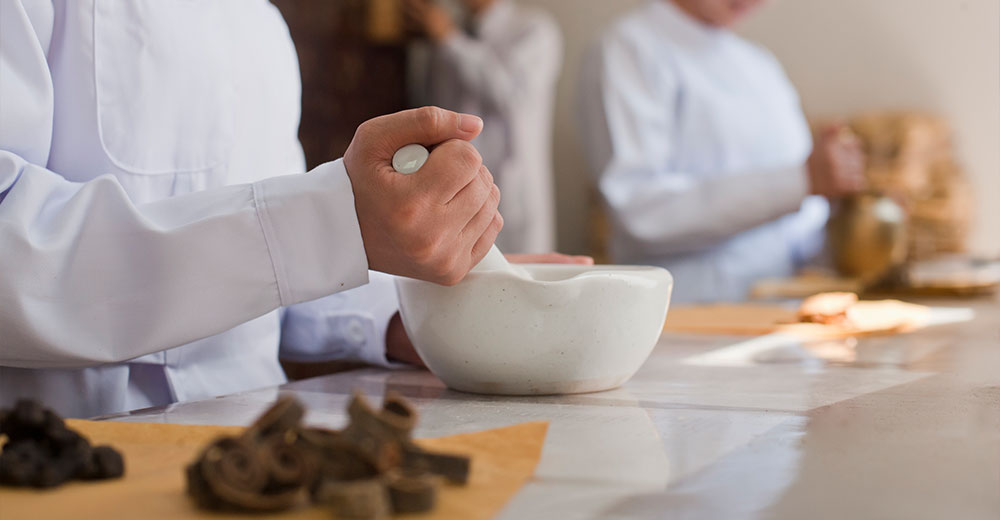Chinese Herbal Medicine Practitioner
Chinese herbal medicine dates back over 5,000 years, and those who practice this ancient medicine pass on the knowledge handed down through the generations.
Chinese herbal medicine dates back over 5,000 years, and those who practice this ancient medicine pass on the knowledge handed down through the generations. They have expertise in how to restore the body’s energy to equilibrium, in a holistic and natural way.
The popularity of Chinese herbal medicine has grown in Australia with about three million people visiting a Chinese traditional medicine (TCM) practitioner every year, according to the Victorian government’s Better Health site.
There are several treatments provided under the banner of Chinese medicine and regulations require all specialists in this field to register with the AHPRA Chinese Medicine Board of Australia to ensure a quality standard of care.
But what is Chinese herbal medicine? How does it work and what is the key point of difference to other forms of medical care?
Chinese medicine is a branch of traditional medicine which originated in China and has grown in popularity around the world. A professional is skilled in treatments which address the inhibition of the flow of energy in the body (known as qi). Chinese medicine is used to treat illnesses such as gastrointestinal problems; obesity; skin diseases; chronic fatigue and pain disorders; rheumatism; sleep disorders and gynaecological ailments.
Chinese herbal medicine is the theory of using herbal remedies to restore the balance of qi. It is one part of the wider TCM which incorporates other disciplines such as acupuncture, dietary and massage treatment and various forms of therapeutic exercise.

Chinese herbal medicine works by using herbal remedies to heal the disruption of the flow of energy (qi) in channels that course through the body. These channels are known as meridians. The key is to gain a balance between the opposing forces of this energy, known as yin and yang, that run through the meridians. Half of the organs in the body are governed by yin and the other half by yang, according to TCM. A blockage of energy is caused when these forces misalign, and this can result in illness.
Chinese herbal medicine uses over 450 substances in its treatments, some are common substances found in your pantry or backyard, such as cinnamon, garlic or ginger. Others are more exotic. All play a role in restoring the balance between yin and yang in the body, to heal through rebalancing the body’s energy.
Improvements to overall health and wellbeing are some of the benefits attributed to Chinese herbal medicine, and practitioners aim to boost the patient’s immune system.
One of the core aspects of Chinese traditional medicine is the emphasis on treating individuals. For example, while western medicine may apply the same treatments to different patients experiencing the same symptoms, traditional eastern medicine will vary the treatment and the associated herbs according to the individual patient.
It is a holistic and natural approach to medicine that focuses as much on illness prevention as the actual treatment. The practitioner will treat the patient according to their condition and adjust this during the recovery period until it restores good health.
It is important to find a practitioner of Chinese herbal medicine who is qualified and registered in Australia. You should also check their Whitecoat profile, where you can view comments from patients and see the practitioner’s star ratings. This can sometimes be a difficult task, though, particularly if you’re new to the field. However, Whitecoat makes finding the right one easy by providing a detailed list of reviews of practitioners for patients to view. It also has a comprehensive online healthcare provider directory across all medical disciplines in the country.